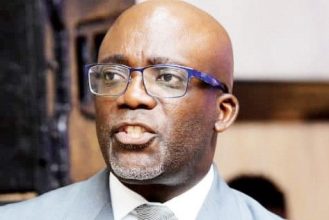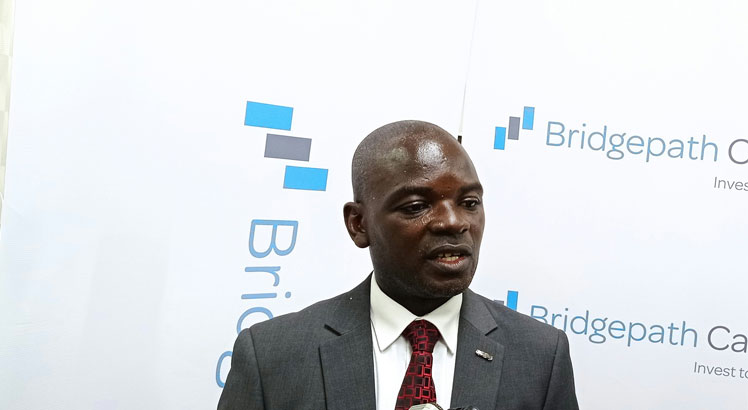Interests prohibitive for SMEs
Analysts have said although commercial banks have started cutting their interests, the rates are still too high for Small and Medium Enterprises (SMEs) compared to profits they make.
Some of the country’s banks, including National Bank of Malawi (NBM) and Malawi Savings Bank (MSB), announced a reduction in their lending rates in the wake of last week’s policy and Lombard rates cut.

During a Monetary Policy Committee (MPC) meeting held on July 8 2014 authorities resolved to cut the policy rate by 2.5 percentage points to 22.5 percent effective July 9 2014.
The committee also agreed to reduce the rate for the Lombard facility—an automatic window for liquidity stressed banks—from 27 percent to 24.5 percent.
And in response to the reductions, two of the country’s leading commercial banks have announced a cut in their interest rates.
In a press statement, NBM on Sunday said it has revised its interest rates including its base and mortgage rates to 33.5 percent effective Monday July 14.
Similarly, MSB announced a revision in interest rates including its base lending rate to 35 percent.
But speaking in a telephone interview on Monday, Small and Medium Enterprises Association (Smea) president James Chiutsi said the government should consider setting up a bank specifically for SMEs that would provide lower rates for the sector.
“Profit margins for SMEs are far below the lending rates that are being offered by commercial banks. We hope that as time goes the lending rates will fall further,” said Chiutsi adding that issues of collateral for bank loans are still a setback to SMEs.
Indigenous Business Association of Malawi (Ibam) president Mike Mlombwa in a telephone interview on Monday cautioned for fiscal discipline noting that in the past government borrowing has been affecting interests.
“We welcome the cut in lending rates but we would like this to fall further. We would also encourage the government to ensure that we do not revert to an increase in lending rates due to fiscal mismanagement,” said Mlombwa.
In March last year, commercial banks increased their interest rates in a move which analysts attributed to high Treasury Bills (T-Bills) and tight market liquidity which led to high default rates.
The latest MPC meeting also observed that non-performing loans have been increasing due to high lending rates prevailing in the economy.
During a previous MPC meeting that took place in April, the committee resolved to observe factors including the country’s inflation to revise the policy rate which has been blamed for the country’s high lending rates.
Since the last MPC meeting, Malawi’s inflation fell from 23.9 percent in April to 22.6 percent in May according to the National Statistical Office (NSO).





